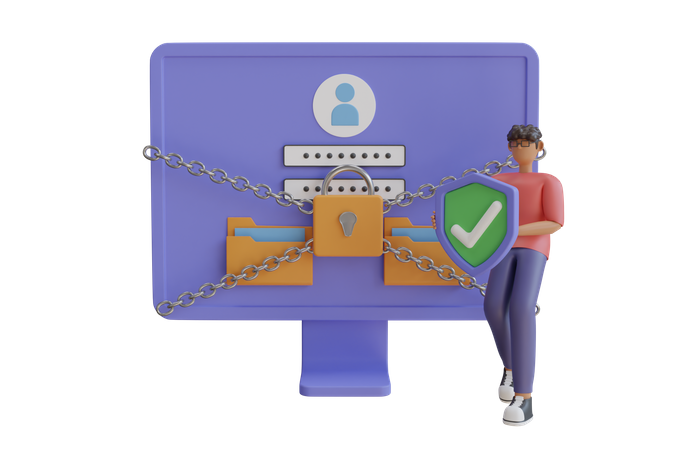ABOUT
Hover to the topic to learn more!
Combating Financial Fraud
How to protect yourself from financial fraud.
Objectives and Goals
Multifaceted and aim to maintain the integrity and stability of the financial system.
Where do you report Fraud?
There are several places where you can file complaints and seek assistance.

What is Financial Fraud?
Definition : Financial fraud involves deceptive or illegal practices in the financial sector for unlawful financial gain.
Impact : Financial fraud can lead to significant financial losses, erode trust in financial systems and harm individuals and businesses.
Examples : Embezzlement by employees, Ponzi schemes promising high returns, identity theft for fraudulent transactions,
insider trading using confidential information and investment scams deceiving investors.
How to Combat Financial Fraud?
1. Enhanced Security Measures
Implementing robust security measures such as encryption, access controls and authentication mechanisms to
protect sensitive information and prevent unauthorized access.
2. Regular Audits and Reviews
Conducting regular audits and reviews of financial records, transactions, and internal controls to detect and prevent fraudulent activities.
3. Employee Training and Awareness
Providing comprehensive training and awareness programs to employees about common fraud tactics, internal control procedures
and reporting mechanisms to empower them to identify and report suspicious activities.
4. Strong Regulatory Oversight
Enforcing laws and regulations governing financial markets and institutions to ensure transparency, integrity, and accountability.

Objectives and Goals of Combating Financial Fraud.
1. Prevention
Objectives : To implement measures that prevent financial fraud from occurring in the first place.
Goals : Educate individuals and organizations about common fraud schemes and prevention techniques.
Also to establish robust internal controls and procedures within financial institutions to deter fraudulent activities.
2. Detection
Objectives : To detect and identify instances of financial fraud promptly.
Goals : Conduct regular audits and reviews to uncover fraudulent activities within financial institutions. Encourage
whistleblowers to report suspected fraud and provide protection for those who come forward.
3. Enforcement
Objectives : To enforce laws and regulations and hold perpetrators of financial fraud accountable.
Goals : Investigate and prosecute individuals and organizations involved in fraudulent activities. Impose
appropriate penalties, fines and sanctions on offenders to deter future misconduct.
4. Awareness and Education
Objectives : To raise awareness and educate the public about the risks of financial fraud.
Goals : Launch public education campaigns to inform individuals and businesses about common fraud schemes and warning
signs. Provide resources and tools to empower consumers and investors to protect themselves from falling victim to fraud.

